How the Nationality and Borders Bill will affect women refugees and asylum seekers
Charities and organisations working with women refugees and asylum seekers have warned the bill is ‘harmful and discriminatory’ to women in particular. Lauren Crosby Medlicott reports

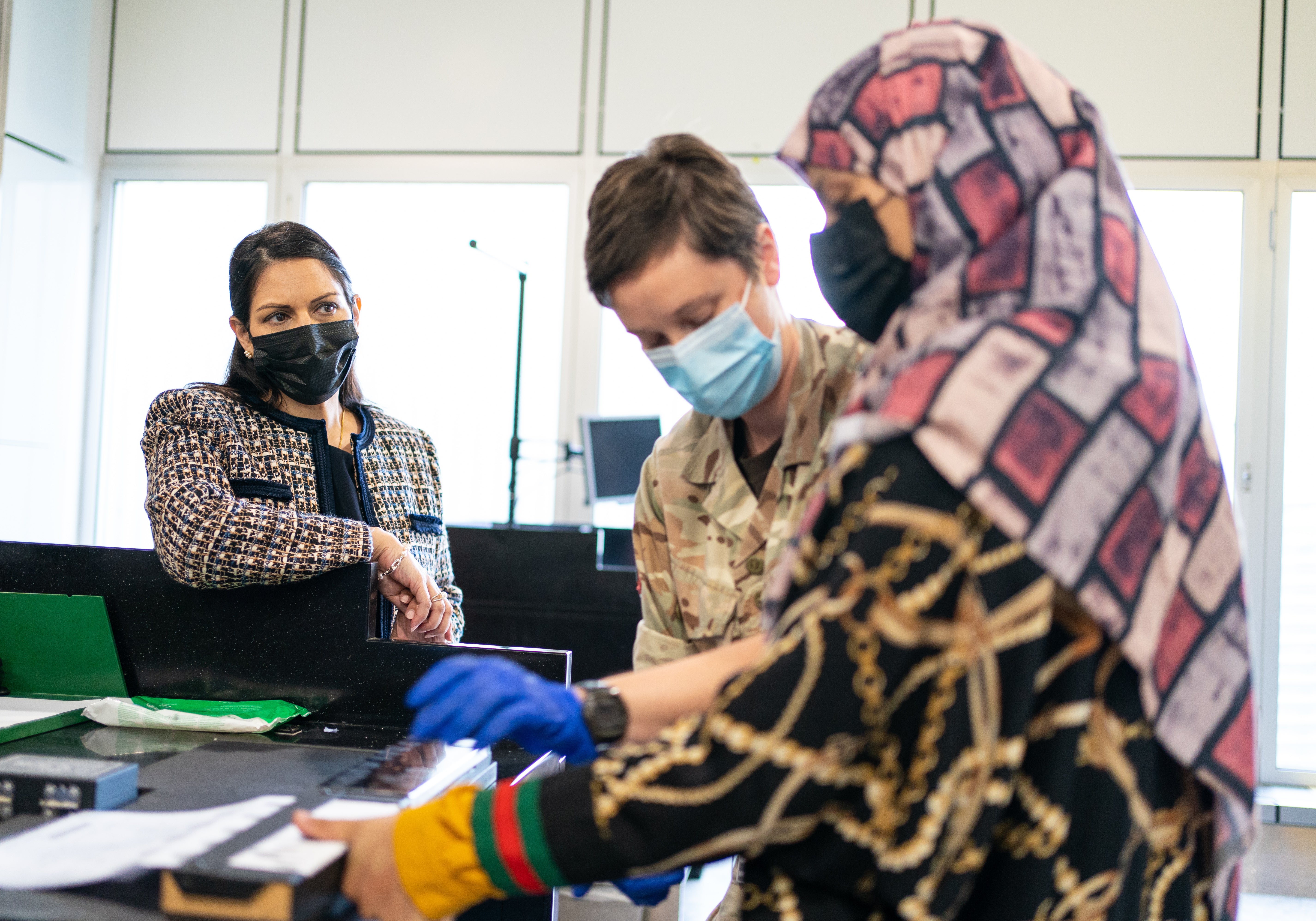
If we had claimed asylum under the Nationality and Borders Bill after travelling through so many countries to get here, we would have been put in detention and not granted asylum in the UK,” Anna*, an eastern European woman who travelled with her family to the UK in 2007, tells The Independent.
In July 2021, Priti Patel stood in the House of Commons among hundreds of MPs to introduce the future “cornerstone of the government’s New Plan for Immigration”. In the following months, the public was told that the Nationality and Borders Bill would transform immigration in the UK and tackle “underlying pull factors into the UK’s asylum system” – solving the problem of “mass migration” due to open borders. It’s the government’s attempt to make the system fairer and more effective, break the model of trafficking, and remove people in the UK who have no right to be here.
The bill quietly made its way through the House of Commons, securing the votes of Conservative MPs at each reading before it was passed to the House of Lords. At the start of January, members of the Lords debated the bill in its second reading, passing it through to the Committee and Report stages ahead of the third and final reading.
As the ground-breaking bill is reviewed in Westminster, members of the public and charities have condemned it a “overtly racist” and a “tool to divide”
For refugees and asylum seekers, the bill sends a clear message that the British government will do everything in its power to deter the settlement of vulnerable individuals seeking safety within our borders. “This bill would undermine, not promote, the government’s stated goal of improving protection for those at risk of persecution,” Rossella Pagliuchi-Lor, the UNHCR’s representative to the UK, warned the House of Commons Bill Committee in September. “It seems to be aimed at deterring refugees, but there’s no evidence that would be the result.”

Charities and organisations working with women refugees and asylum seekers warn the bill is “harmful and discriminatory” to women in particular, most of whom have survived gender-based violence, as it will criminalise those reaching the country by “illegal” means, deport those who have travelled through third countries before arriving to the UK, and create a “trauma deadline” for reporting past abuse in an asylum claim. While the provisions in the bill will of course harm men, women who have survived violence at the hands of men will be disproportionately harmed as a result of being wrongly refused asylum, leaving them destitute, in detention, or in precarious, abusive relationships.
In 2007, When Anna was only 14 years old, her mother decided that she and her younger sister would have to leave their eastern European home because their lives were in danger. “Our family was involved in a blood feud, and we were targeted by gangs for revenge,” Anna tells me. “Our mother told us if we stayed any longer, we would all be killed. She wanted to get us as far away as possible.” For months, Anna, her sister and their mother made their way over mountains and rivers, crossing five country borders before arriving by plane into London.
Once they arrived in the UK, Anna’s mother was told by friends not to claim asylum, and that if she did, she would be taken to detention and deported. “She was very afraid,” says Anna. “She was forced to work illegally and didn’t take my sister and I to school. We just had to stay indoors because she was scared the neighbours would report us for not going to school. I was relieved to get here, but afterwards, I was just really scared thinking of what was going to happen.”
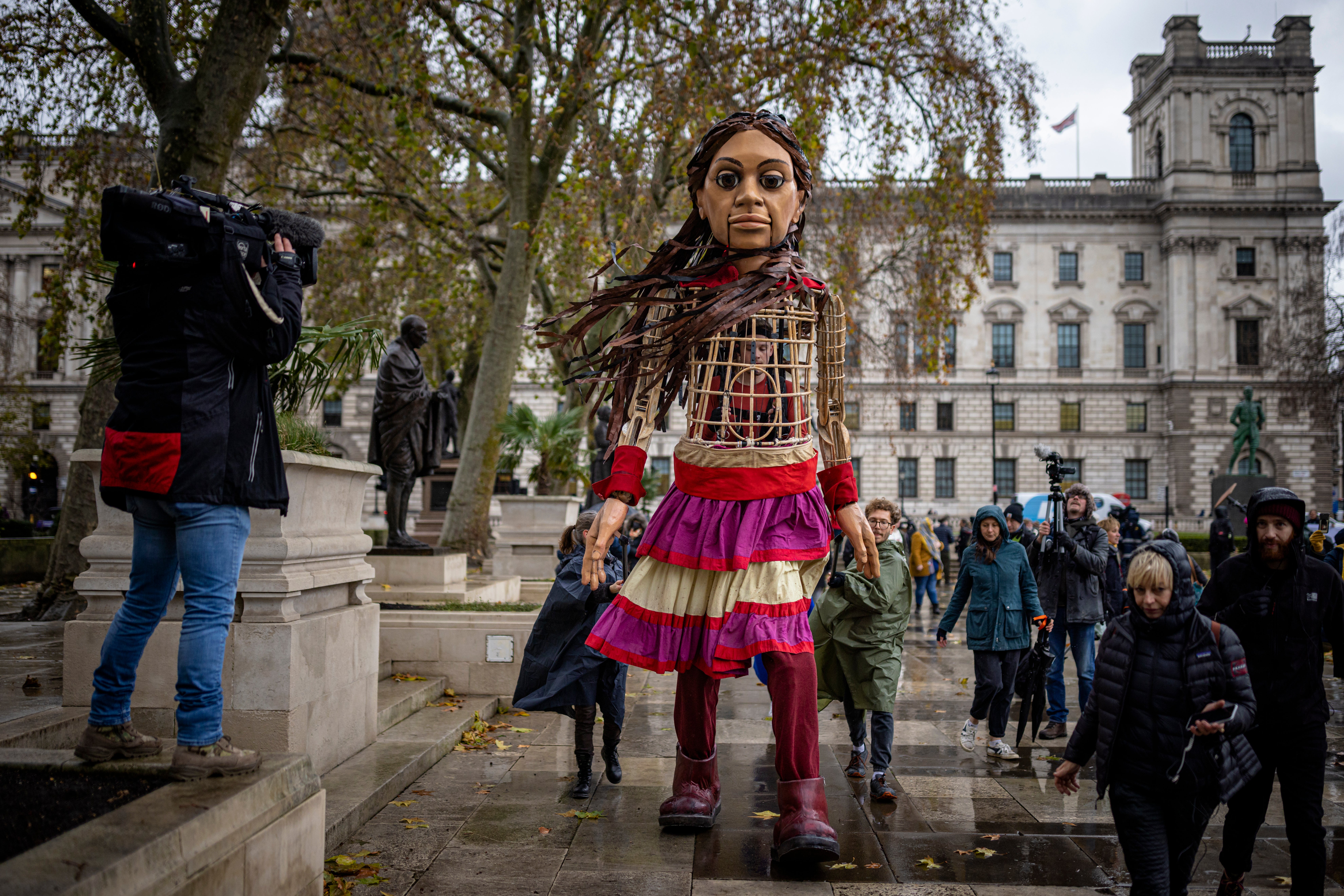
When her mother tried to use forged documents to get a National Insurance number in order to get money to help paying the rent, she was arrested and taken to prison for three and a half months. Anna and her sister were placed in foster care until her mother was released. While in prison, Anna’s mother filed an asylum claim and Anna’s social worker claimed asylum for Anna and her sister, and the wait for a decision began.
Because the experience of being raped by a man and abused by her father was ‘normal’, Flora wasn’t surprised when the man she had fallen in love with became abusive
“I tried to keep myself busy volunteering for a charity and going to college for my GCSEs,” Anna remembers. “But my mum was not very well. She was at her lowest point when she was released from prison.” Her mother tried to take her own life.
Under the Nationality and Borders Bill, Anna and her family’s asylum claims would have been inadmissible on two counts: entering without using an official resettlement scheme and passing through other “safe countries” before arriving in the UK.
“Refugees who have arrived to the UK through another safe country would be treated as second class refugees,” warns Priscilla Dudhia, policy and advocacy coordinator at non-profit Women for Refugee Women. “Even though the government may accept their claim to asylum as legitimate, the way they arrived into the UK will lead to women being punished.
“Yet desperate women are often forced to take irregular routes to the UK, especially when safe and regular routes are few and far between.”
Ten years after the initial asylum claim, Anna was finally granted asylum. “It was a long battle,” says Anna. When her solicitor phoned to tell her the good news, Anna felt incapable of feeling happy. “I just felt numb.” Soon after receiving her refugee status, Anna started work as a cleaner and now has a young child.
“If this Nationality and Borders Bill comes through, it will be much harder for people to claim asylum who come after me,” says Anna. “Under the bill, I would have been sent back and I don’t know if I would have been alive today.”
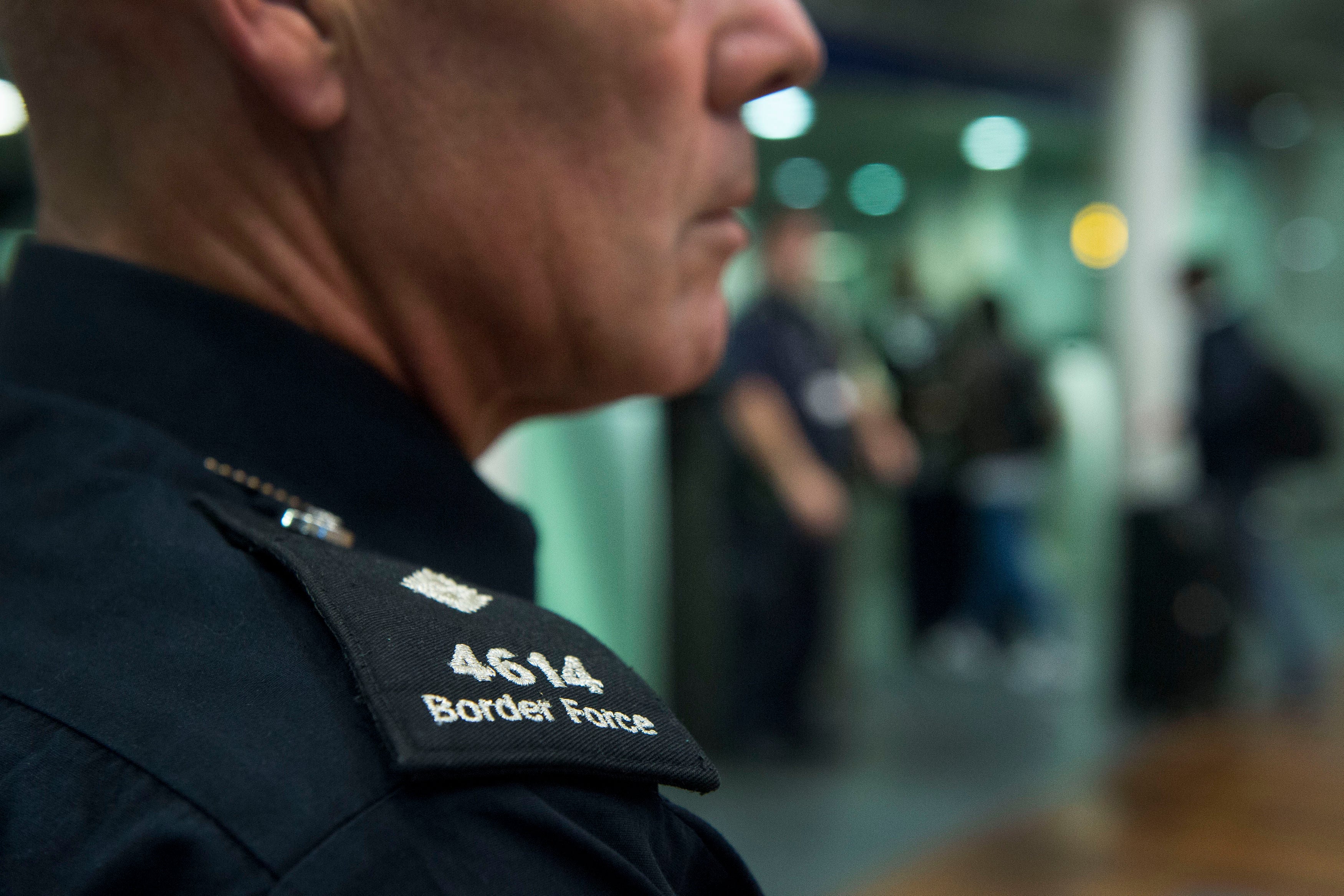
“If you or I were fleeing danger, we’d hope places we sought protection in would treat us with dignity and respect,” Zoe Gardner, of the Joint Council for the Welfare of Immigrants, tells me. Gardner says that instead of punishing people for making their way to the UK on irregular routes, the government could establish safe means of travel for people seeking protection to prevent people risking their lives to get here. “But this government doesn’t seem interested in respecting these basic human principles. They are more interested in using refugees like a political football, brandishing their mistreatment as a way to court headlines and distract us from their own scandals.”
At 17, Flora* was called into her priest’s office in Cameroon, to help with Christmas decorations, she hadn’t expected to be the only one invited. “There was no one else there except for me,” Flora remembers. “He told me others were coming, but then he raped me. I was shouting but there was no one around.”
Flora went home and told her mother what happened. “It didn’t go well,” she tells me, and so she kept quiet about the trauma she experienced and blamed herself for what had happened.
“When I was a child, I also witnessed my dad abusing my mother and me,” Flora recalls. “He would drink heavily and then come home and be very abusive. My mum would sit me down and tell me this is the norm – how men are. I didn’t see anything that was wrong with it.”
Desperate to escape her experiences of violence, Flora applied to study at the University of Hull in England. In 2007, at 24 years old, Flora was granted a student visa and began her master’s degree in environmental technology. While studying, she met an EU resident living the UK, fell in love, and moved in with him. Following her studies, she applied and was granted a spousal visa, entitling her to remain in the UK with her partner for five years.
Because the experience of being raped by a man and abused by her father was “normal”, Flora wasn’t surprised when the man she had fallen in love with became abusive. “He was the only person I knew in the UK,” she says. “He took advantage of that. He would tell me I could not open up to anybody because the people in the country would report me to the authorities.”
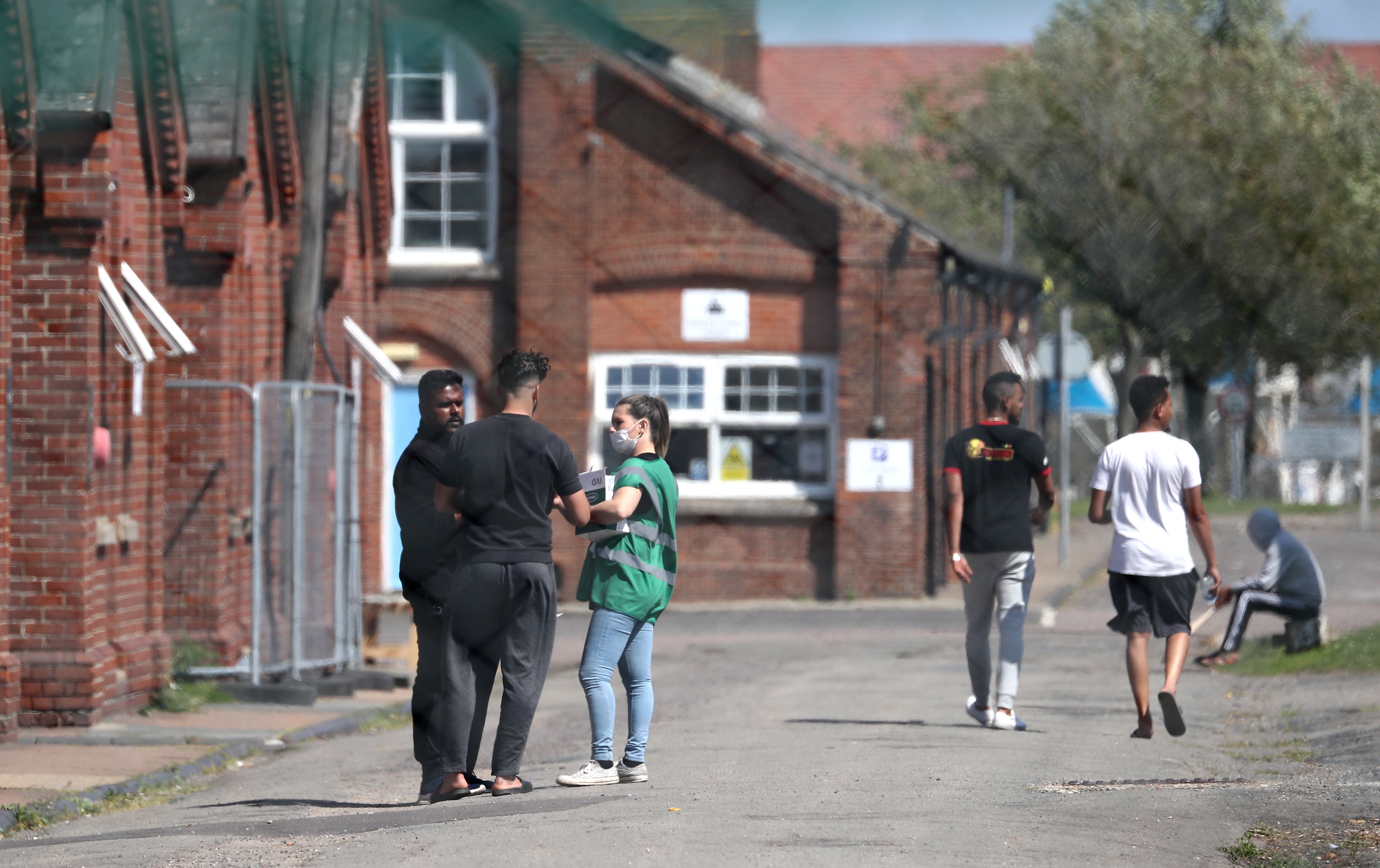
Flora started working as a carer and became friends with a few of her colleagues, whom she confided in about her relationship. “They started to raise the alarm that I was living in a violent relationship,” Flora remembers. “But to me, it was normal.” As years passed, her abusive partner was home less and less, always out with other women. “So in 2013, I decided to leave that relationship and find my own flat.”
With her spousal visa having had expired, Flora met with a lawyer to discuss how she could stay in the UK and avoid returning home to the priest who had raped and the father who had beaten her. Shortly after that initial meeting, Flora took annual leave from work to visit her friend in Germany for the weekend. When she attempted to get back into the UK, she was stopped by border forces at Stansted Airport and told that her partner reported their relationship had ended and that my visa would be terminated immediately,” Flora says.
Police handcuffed her at the airport and escorted her to their van. “I felt really angry, really embarrassed. It broke my heart.” She was taken to Colnbrook Immigration Removal Centre and kept for two days, before being transferred to Yarl’s Wood, where she was held for five months. In detention, she told the priest about her abuse in Cameroon. He told her no one would believe her. She shared her story with a lawyer and was informed sharing her story of rape wouldn’t help with asylum claim. That same lawyer dropped her case when the asylum court refused Flora asylum, leaving Flora alone to fight for her right to say in the UK. Police who came to talk to her in detention about her domestic violence claim accused her or making it all up to stay in the UK. “It was horrible,” Flora says, referring to the lack of support she received when she started telling her story.
You can see from interview notes that interviewers are solely focused on looking for reasons to refuse someone, and how hostile they are
Women Against Rape (WAR), a charity providing support and advocacy for women who have experienced sexual violence, heard about Flora and took up her case, bailing her out of detention in 2013. But only a little over a year later, in 2014, she was detained again. During her second detention stay at Yarl’s Wood, a doctor from charity Medical Justice and a lawyer listened and believed Flora’s rape disclosure, encouraging her to include the information in her legal case. The support from WAR and Medical Justice gave her the courage and knowledge she needed take her case to the Court of Appeal and when she did, the judge acknowledged her rape and domestic abuse as grounds for asylum.
“The kind of fight involved for a case to be picked up is already so hard,” says Flora. “If the Nationality and Borders Bill is brought in, women wouldn’t be listened to at all. They wouldn’t even have the chance to get in the courtroom.”
Flora didn’t share her experience of rape until nearly seven years after her arrival in the UK. Under Part 5 of the Nationality and Borders Bill, this delay in reporting evidence of gender-based violence would likely end in her deportation. It obliges decision-makers and judges to treat late disclosures, including rape, as evidence of someone lacking credibility and any expert corroborative evidence given little weight.
Many women hoping to settle in the UK are escaping gender-based violence in their home countries, desperate for a safe start. “We’ve found that over 70 per cent of women seeking asylum in the UK have fled rape,” Sian Evans, of Women Against Rape, tells me. Unfortunately, women asylum seekers aren’t aware that rape and domestic abuse are grounds to claim asylum in the UK and don’t disclose their histories to the Home Office when they arrive.
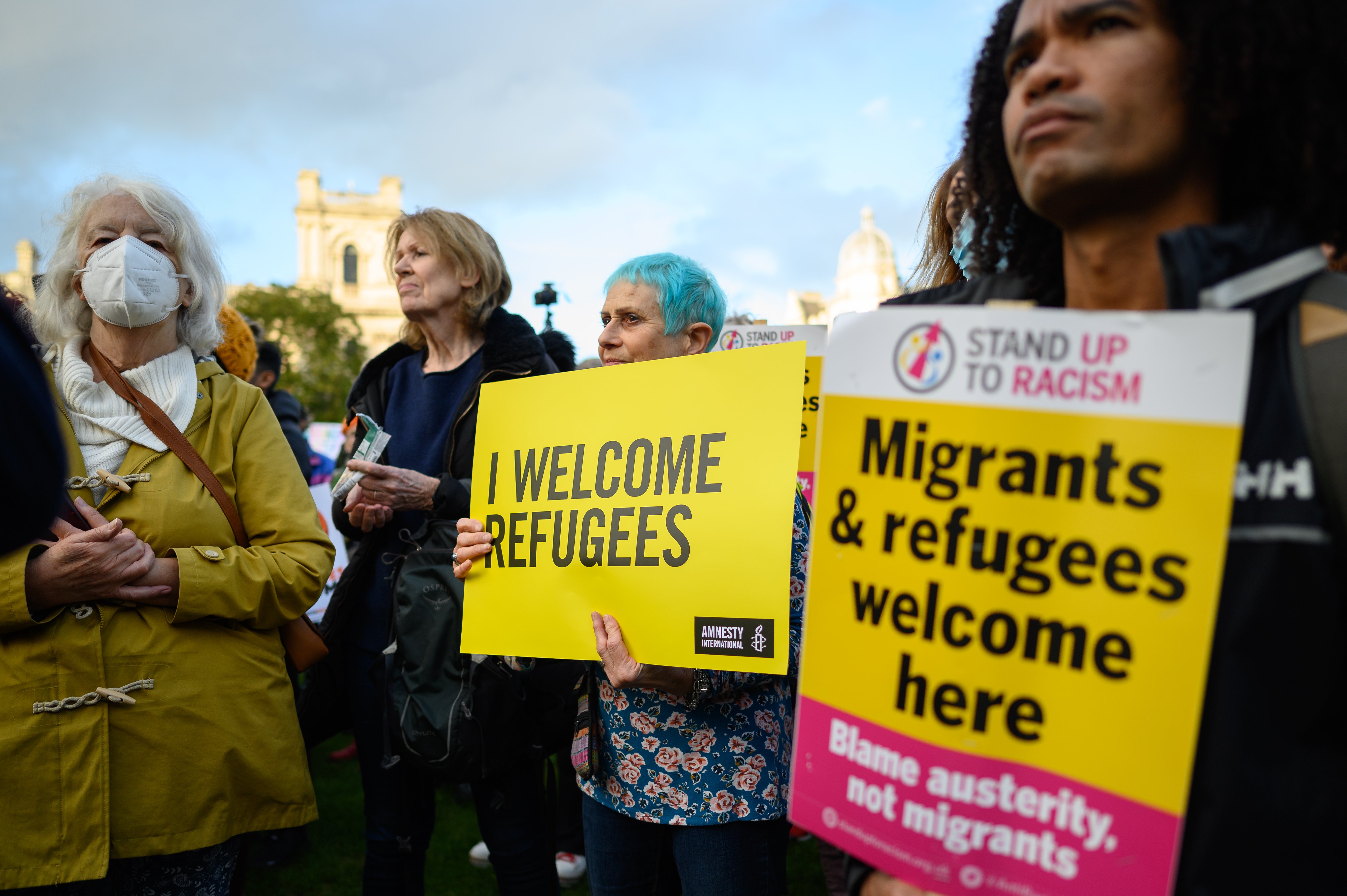
“Women frequently say that they only found out that they were eligible to claim asylum after they attended our support group,” Evans says. “Shockingly even after all these years, no information is provided by the government to explain to women that victims of rape and domestic violence can claim asylum if unable to get protection from the police and state in their home country. Ninety-three per cent of women we’ve worked with over the three years before the pandemic hadn’t reported rape as grounds for asylum until they came to us for help.” Additionally, when a woman has endured trauma, her memories and account may be scattered and not completely “add up”, contributing the disbelief of her story by the Home Office.
“Rather than help women overcome the difficulties of reporting rape, government officials exploit them,” Evans says. “You can see from interview notes that interviewers are solely focused on looking for reasons to refuse someone and how hostile they are. Most victims’ cases are closed without having been able to report rape or only with limited details because they are so traumatised, and they are made destitute.”
If the Nationality and Borders Bill is introduced as law, women who have not disclosed their abuse in a timely, coherent way will face deportation back to their country where the rape or domestic abuse occurred. “The bill enables any delay by victims in reporting to the authorities to be used to deny them the right to even make an asylum claim,” Evans says. “Instead, they will face immediate detention and deportation.”
Flora won her asylum case in 2017. “It was a big relief,” she sighs. “A big fight and a big relief.”
But for the women and men who will claim asylum in the future with the Nationality and Borders Bill written into law, the result of their perilous journeys could end with disappointment, detention, deportation and even death. “Asylum seekers and refugees should be entitled to the same rights and resources as others in this society,” says Evans, reflecting on how refugees and asylum seekers should be treated after arriving in the UK. “Their courage and work for survival and change both in their home country and here must be acknowledged.”
“The bill provides an opportunity for us all to listen to people who’ve claimed asylum – to create spaces for their stories to be heard and to support them in leading a campaign that has the potential to impact so greatly upon their lives,” Dudhia encourages. “It is only when a society listens to all of its people that we can start shifting attitudes from those that view asylum seekers as burdensome strangers to those that simply value human life.”
*Name changed for safety reasons




Join our commenting forum
Join thought-provoking conversations, follow other Independent readers and see their replies
Comments